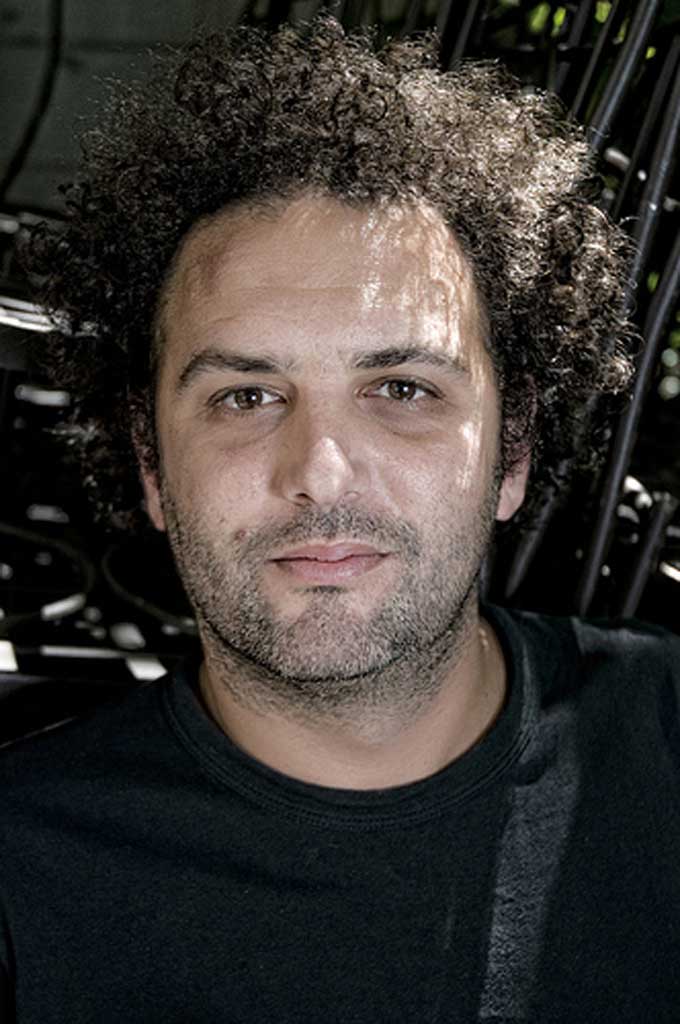Open Door, By Iosi Havilio, trans. Beth Fowler

The first open-door institution for the mentally ill in Argentina was established at the end of the 19th century in an area of countryside some 50 miles north of Buenos Aires. A village grew around it, named after that comparatively novel medical practice: Open Door. Iosi Havilio's remarkable first novel takes its title from the village, though it is only indirectly concerned with its development or the history of psychiatry. Relying on the area for its symbolic associations, he touches on key aspects of the social history of Argentina, exploring themes such as absence, identity and the awkward relationship between town and country.
Set in a hazy version of the present, the tale is a succession of unresolved mysteries and pointed ellipses. For a start, we know little about the teller, an unnamed woman presumably in her late twenties, who works for a vet and is sent to Open Door to examine an ailing horse. There, she meets its owner, a taciturn older man named Jaime, and learns that "the horse is called Jaime, like him" – which may be the first indication that they do things differently in the country.
But she feels oddly attracted to the area, and a whole day goes by before she can explain how. Back in Buenos Aires, the woman meets up with her girlfriend, Aída, with whom she is clearly having problems. The following day starts on a promising note, but during an outing Aída unaccountably "disappears", and the protagonist sees someone commit suicide by jumping off a bridge. It is not, as she initially fears, Aída, but the possibility of a similar fate will remain open. The novel refuses both reader and character the comfort of an explanation: the more inexplicable the world appears, the more unfathomable the protagonist's actions becomes. This is a tale of disaffection, in the long tradition that goes back to Camus's The Stranger.
As she awaits Aída's reappearance, the protagonist calls Jaime about his horse, goes back to Open Door, and eventually moves in with him, leaving the city for the countryside. Yet the tone never drifts into the pastoral. What we get is a disquieting depiction of the surroundings ("The night, moonless, was a dark cell"), and a dazed tale of romantic obsession with a local teenager, Eloísa, described as an "uncouth little brat, beautiful and elemental".
News of the city keeps coming in the form of requests from a lawyer to identify dead women fitting Aida's description. Jaime "doesn't understand how it can be so difficult to find a body". The sentence has special resonance in a country where thousands disappeared during the last military dictatorship, but Havilio does not labour the connection. Similarly, the idea that the country life resembles life in a lunatic asylum only hovers above the story.
The novel is a success in large part thanks to its powers of suggestion. Writing in a crisp brand of minimalism – frictionlessly translated by Beth Fowler – Havilio remains both impassive and evocative throughout a book sprinkled with gently pregnant observations: "I flop onto my back in the grass and the sky renders me speechless." At times, he courts the erotic with equal assurance: "Eloísa holds the figs by the base and with her tongue licks the sweet, sticky milk, before opening and devouring them." Now and then, his novel may fall into romanticised strangeness, but it brings news of an intriguing world.
Subscribe to Independent Premium to bookmark this article
Want to bookmark your favourite articles and stories to read or reference later? Start your Independent Premium subscription today.

Join our commenting forum
Join thought-provoking conversations, follow other Independent readers and see their replies